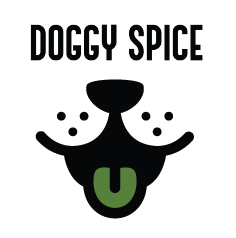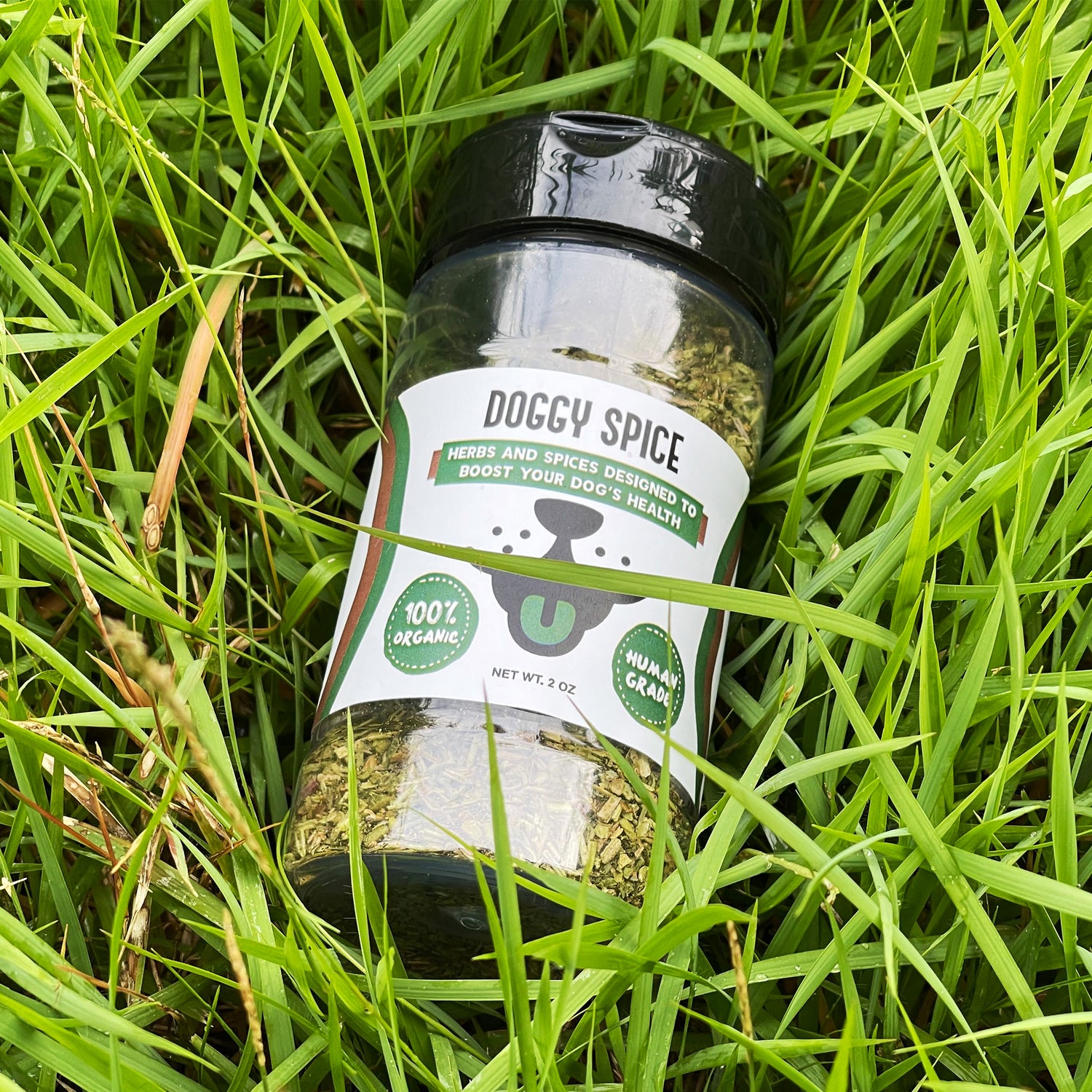
How to Keep Your Dog’s Teeth Healthy: Tips and Tricks 🦷🐾
Share
Introduction
Maintaining your dog's dental health is crucial for their overall well-being. Poor oral hygiene can lead to bad breath, gum disease, and even systemic health problems. 🐶 In this guide, we’ll explore the best ways to keep your dog’s teeth clean and healthy, from daily care routines to dietary considerations.
Why Dog Dental Health Matters 🐕🦺
Healthy teeth are more than just cosmetic; they prevent:
- Pain and discomfort from tooth decay or gum infections.
- Costly veterinary treatments like tooth extractions or periodontal surgery.
- Serious health issues, as bacteria from gum disease can enter the bloodstream and affect organs.
Signs of Dental Problems in Dogs 🐾
If your dog exhibits any of the following, it may be time for a dental check-up:
- Persistent bad breath (halitosis).
- Red, swollen, or bleeding gums.
- Difficulty eating or chewing.
- Excessive drooling or pawing at the mouth.
- Loose, broken, or discolored teeth.
Daily Care Tips for Dog Dental Health
-
Brush Their Teeth Regularly 🪥
- Use a dog-specific toothbrush and toothpaste (human toothpaste contains xylitol, which is toxic to dogs).
- Aim for 2–3 times a week; daily brushing is ideal.
- Introduce brushing gradually and make it a positive experience with treats and praise.
-
Provide Dental Chews 🦴
- Choose vet-approved dental chews to reduce plaque and tartar buildup.
- Look for products with the VOHC (Veterinary Oral Health Council) seal of approval.
-
Offer Chew Toys
- Durable chew toys help scrape away plaque naturally while keeping your dog entertained.
- Avoid hard materials like bones or antlers that could fracture teeth.
Dog Diet and Dental Health 🍽️
Foods That Support Healthy Teeth
- Raw vegetables like carrots and celery can naturally clean teeth.
- Kibble over wet food: Dry kibble helps scrape away plaque more effectively.
- Add dental-friendly supplements, such as kelp or probiotics, to their diet.
Foods to Avoid
Dental Care Products for Dogs 🛍️
Here’s a comparison of common dental care products:
|
Product Type |
Benefits |
Example Brands |
Cost Range |
|
Toothbrush & Paste |
Effective at removing plaque |
Virbac, Petsmile |
$10–$25 |
|
Dental Chews |
Reduces tartar and freshens breath |
Greenies, OraVet |
$15–$50 |
|
Water Additives |
Easy to use; targets bacteria |
TropiClean, Dental Fresh |
$10–$20 |
|
Dental Wipes |
Gentle alternative to brushing |
Vet’s Best, Burt’s Bees |
$8–$15 |
Professional Dental Cleanings 🏥
Dogs benefit from professional dental cleanings every 6–12 months, especially if they have:
- Advanced tartar buildup or gum disease.
- Breeds predisposed to dental issues, such as Dachshunds or Chihuahuas.
"Regular dental care is essential to prevent periodontal disease, which affects over 80% of dogs by age three." — American Veterinary Dental College
Alternative Dental Cleaning Methods for Dogs 🐾✨
Not every dog enjoys having their teeth brushed, so here are other ways to support oral hygiene:
-
Dental Wipes
Dental wipes are a great option for dogs that resist brushing. These wipes can remove plaque and bacteria from the teeth and gums. While not as thorough as brushing, they’re an effective alternative for quick clean-ups.
-
Oral Sprays
Oral sprays designed for dogs can help reduce bacteria in the mouth and freshen breath. Look for products with safe, natural ingredients like chlorhexidine or aloe vera.
-
Raw Bones
Feeding your dog raw, meaty bones (such as beef knuckle bones) under supervision can help scrape away tartar naturally.
❗️Note: Cooked bones should never be given, as they can splinter and cause injury.
-
Coconut Oil
Coconut oil has antimicrobial properties and can be used to clean your dog’s teeth. Simply rub a small amount on a clean finger or gauze and gently massage it onto their gums and teeth.
-
Professional Dental Toys
Interactive toys like the KONG Dental Stick or Nylabone Dental Dinosaur are designed with ridges that help clean teeth and massage gums during playtime.
Dental Health for Senior Dogs 🦷🐶
As dogs age, they become more susceptible to dental diseases, making their oral care even more critical. Here’s how to manage dental health in senior dogs:
Signs of Dental Problems in Older Dogs
- Loose or missing teeth.
- Reluctance to chew hard foods or toys.
- Chronic bad breath that doesn’t improve with cleaning.
- Receding gums or exposed tooth roots.
Special Care Tips for Senior Dogs
-
Gentle Brushing
Use extra-soft toothbrushes and mild toothpaste formulated for sensitive gums. -
Vet Dental Checkups Twice a Year
Senior dogs may require more frequent dental cleanings to prevent advanced periodontal disease. -
Moist or Softened Foods
Transition to softer kibble or add water or broth to meals to ease chewing if teeth are damaged or missing. -
Pain Management
If your senior dog has dental issues, work with your vet to manage any discomfort with safe medications or supplements.
The Role of Dental Care in Overall Dog Health
Neglecting dental hygiene doesn’t just impact your dog’s mouth—it can lead to systemic issues:
- Heart Disease: Bacteria from gum infections can travel to the heart and cause endocarditis.
- Kidney and Liver Problems: Chronic inflammation from oral bacteria may affect vital organs.
- Weakened Immune System: Long-term dental disease can place undue stress on the immune system.
By keeping up with regular dental care, you’re not just protecting your dog’s teeth but also ensuring their entire body stays healthy.
How to Introduce Dental Care to Your Dog 🐕🦺
Starting a dental routine with your dog requires patience and consistency. Here’s a step-by-step guide:
-
Get Them Comfortable
Let your dog sniff and explore the toothbrush and toothpaste to reduce fear. -
Start Slow
Begin by gently massaging their gums with your finger before introducing the toothbrush. -
Use Rewards
Offer treats and praise after every brushing session, even if it’s brief. -
Keep Sessions Short
Aim for 30 seconds to 1 minute initially, gradually increasing the duration over time. -
Stay Consistent
Make dental care part of your daily or weekly routine, so it becomes a habit for your dog.
Advanced Dog Dental Care Options 🏥
If at-home dental care isn’t enough, your veterinarian may recommend:
✅ Professional Cleanings
These procedures involve scaling and polishing under anesthesia to remove tartar and plaque.
✅ Dental X-Rays
X-rays can detect hidden issues like tooth root abscesses or bone loss.
✅ Extractions
In cases of severe decay, the vet may recommend removing damaged teeth to prevent further pain or infection.
✅ Specialized Diets
Prescription dental diets with unique kibble designs can help clean teeth and reduce plaque buildup.
Importance of Starting Dog Teeth Brushing Young 🐾👶
Puppies may not have plaque or tartar yet, but introducing dental care early builds lifelong habits. Start with soft brushes or finger brushes to get your puppy accustomed to oral hygiene.
💡Did You Know? Puppy teeth start to fall out around 3–4 months of age, making this a perfect time to transition to adult dental care routines.
DIY Dog Toothpaste Recipe 🧴
For pet owners who prefer natural solutions, here’s an easy DIY toothpaste recipe:
Ingredients:
- 1 tablespoon baking soda (optional; skip if your dog dislikes it).
- 1 teaspoon coconut oil.
- 1 small sprig of fresh parsley (chopped).
- 1/4 teaspoon turmeric powder.
Instructions:
- Mix all ingredients into a paste.
- Store in an airtight container in the fridge for up to one week.
- Use a small amount for brushing, ensuring you rinse thoroughly after use.
Dog Dental Health Frequently Asked Questions (FAQ) 🐶
How often should I brush my dog’s teeth?
Ideally, every day. If that’s not possible, aim for at least 2–3 times per week.
Are dental chews enough to keep my dog’s teeth clean?
While helpful, dental chews are not a substitute for regular brushing and professional cleanings.
What are the best chew toys for dental health?
Toys made of durable rubber or nylon, such as Kong or Nylabone, are safe and effective.
Can I use baking soda to clean my dog’s teeth?
No, baking soda can upset your dog’s stomach and doesn’t taste good to them. Use dog-specific toothpaste instead.
How do I know if my dog has gum disease?
Look for symptoms like red, swollen gums, bad breath, and bleeding during chewing. Consult your vet for a diagnosis.
Top Herbs and Spices to Keep Your Dog Healthy All Year 🌿
- Cleavers (Galium Aparine) - Supports lymphatic health
- Rosemary- Antioxidant-rich
- Dandelion Greens - Provides vitamins A, C, and K
- Basil - Calming properties
- Peppermint - Aids digestion
- Celery Seeds - Anti-inflammatory benefits
- Dill - Rich in antioxidants
- Oregano - Immune-supporting
- Parsley - Supports fresh breath
- Thyme - Immune booster
- Ginger - Soothes stomachs
- Tumeric - Anti-inflammatory properties
These herbs and spices can easily be incorporated into your dog’s meals with Doggy Spice to promote overall well-being. 🌱
Additional Tips for Long-Term Dental Health
- Start Young
- Begin dental care routines when your dog is a puppy to establish good habits.
- Use Dental Water Additives
- Add to your dog’s water bowl to reduce bacteria and freshen breath.
- Monitor Chewing Habits
- Observe how your dog interacts with toys and treats to ensure safety and effectiveness.
- Routine Check-Ups
- Incorporate dental exams into regular vet visits.
Conclusion
Keeping your dog’s teeth healthy is essential for their overall quality of life. Regular brushing, a balanced diet, chew toys, and professional cleanings work together to ensure a healthy, happy smile for your furry friend. By being proactive about dental care, you can avoid costly treatments and keep your pup feeling their best.
References
- American Veterinary Dental College. (n.d.). "Periodontal Disease in Dogs." Retrieved from https://www.avdc.org.
- Veterinary Oral Health Council. (n.d.). "Products That Work." Retrieved from https://www.vohc.org.
- Greenies. (2024). "How Dental Chews Help Your Dog." Retrieved from https://www.greenies.com.
- American Kennel Club. (n.d.). "How to Brush Your Dog’s Teeth." Retrieved from https://www.akc.org.
- Petsmile. (2024). "Safe Dog Toothpaste Guide." Retrieved from https://www.petsmileusa.com.

